Blog
-

How to control the temperature during composting?
According to the introduction of our previous articles, during the composting process, with the intensification of microbial activity in the material, when the heat released by the microorganisms decomposing the organic matter is greater than the heat consumption of the compost, the compost tempe...Read more -
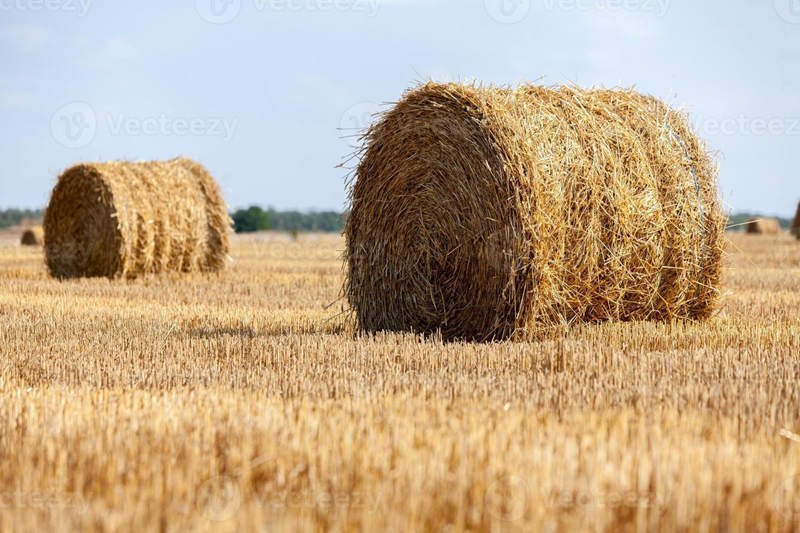
How to use straw when composting?
Straw is the waste left over after we harvest wheat, rice, and other crops. However, as we all know, due to the special characteristics of straw, it can play a very important role in the process of making compost. The working principle of straw composting is the process of mineralization and hu...Read more -

Basic knowledge of sludge composting
The composition of sludge is complex, with various sources and types. At present, the main methods of sludge disposal in the world are sludge landfill, sludge incineration, land resource utilization, and other comprehensive treatment methods. Several disposal methods have their advantages and dif...Read more -
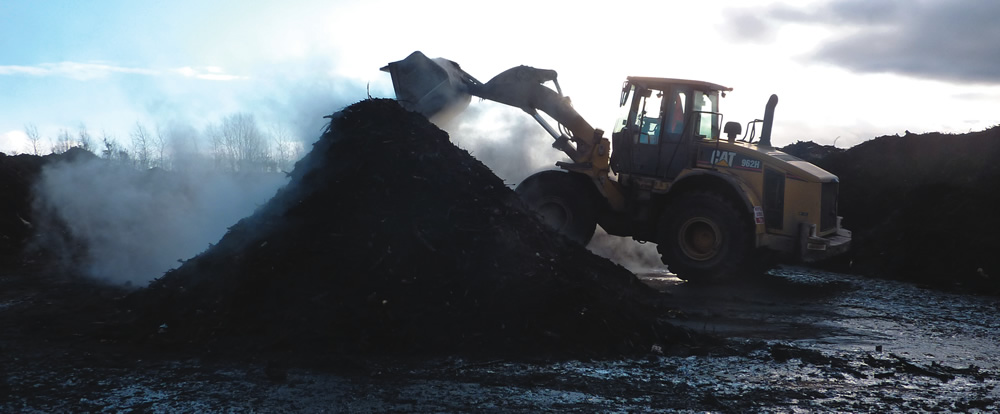
The effect of Oxygen on Composting
Generally speaking, composting is divided into aerobic composting and anaerobic composting. Aerobic composting refers to the decomposition process of organic materials in the presence of oxygen, and its metabolites are mainly carbon dioxide, water, and heat; while anaerobic composting refers to t...Read more -
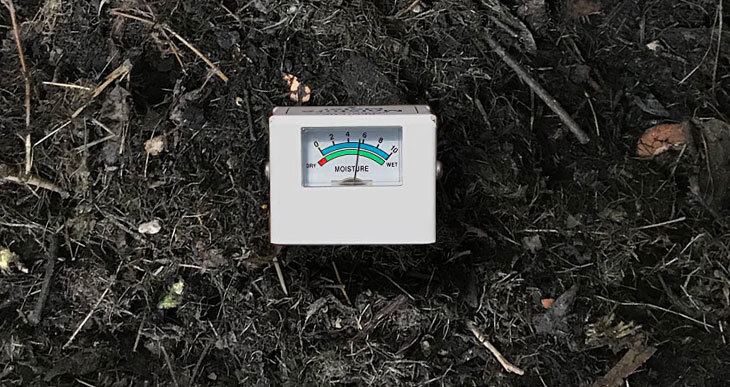
What is the right moisture for compost?
Moisture is an important factor in the compost fermentation process. The main functions of water in compost are: (1) Dissolve organic matter and participate in the metabolism of microorganisms; (2) When the water evaporates, it takes away heat and plays a role in regulating the temperature of the...Read more -
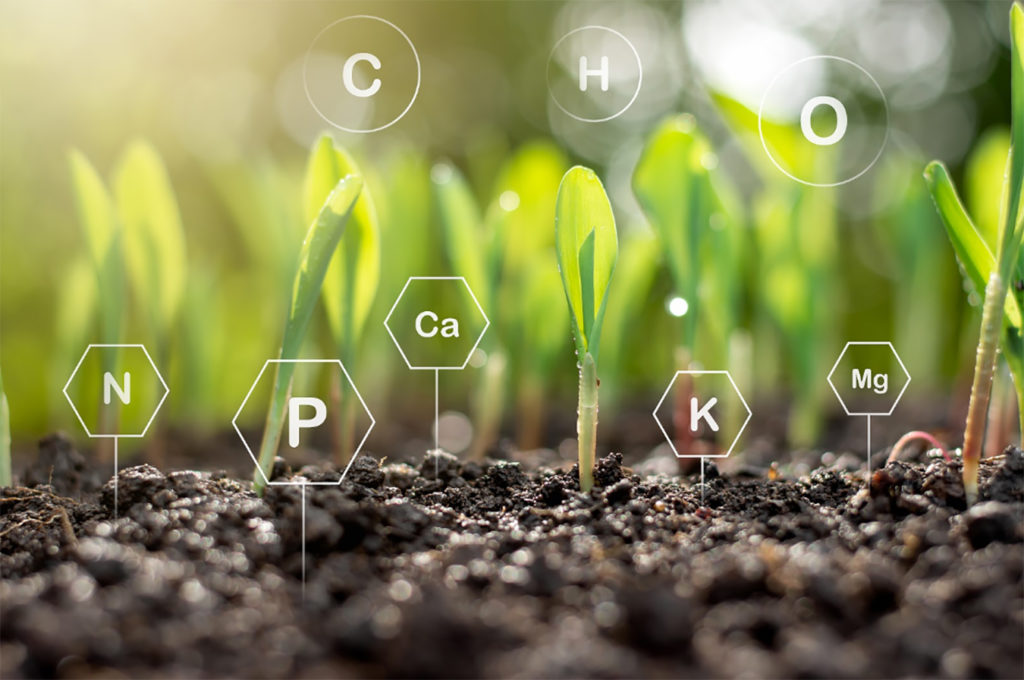
How to Adjust the Carbon to Nitrogen Ratio in Composting Raw Materials
In previous articles, we have mentioned the importance of “carbon to nitrogen ratio” in compost production many times, but there are still many readers who are still full of doubts about the concept of “carbon to nitrogen ratio” and how to operate it. Now we will come. Dis...Read more -

4 steps of open-air windrow compost production
Open-air windrow piles compost production does not require the construction of workshops and installation equipment, and the hardware cost is relatively low. It is the production method adopted by most compost production plants at present. 1. Pretreatment: The pretreatment site is very importa...Read more -
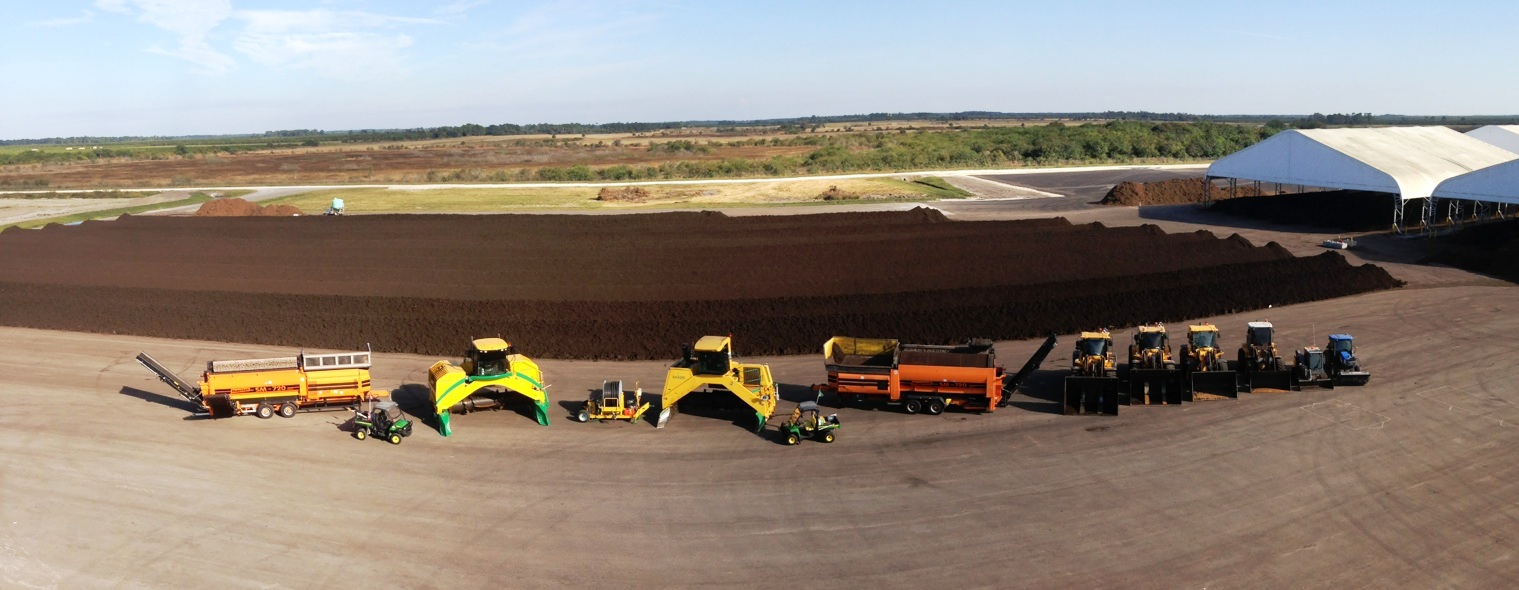
The global compost market size is expected to exceed 9 billion US dollars in 2026
As a waste treatment method, composting refers to the use of microorganisms such as bacteria, actinomycetes, and fungi that are widely distributed in nature, under certain artificial conditions, to promote the transformation of biodegradable organic matter into stable humus in a controlled manner...Read more -
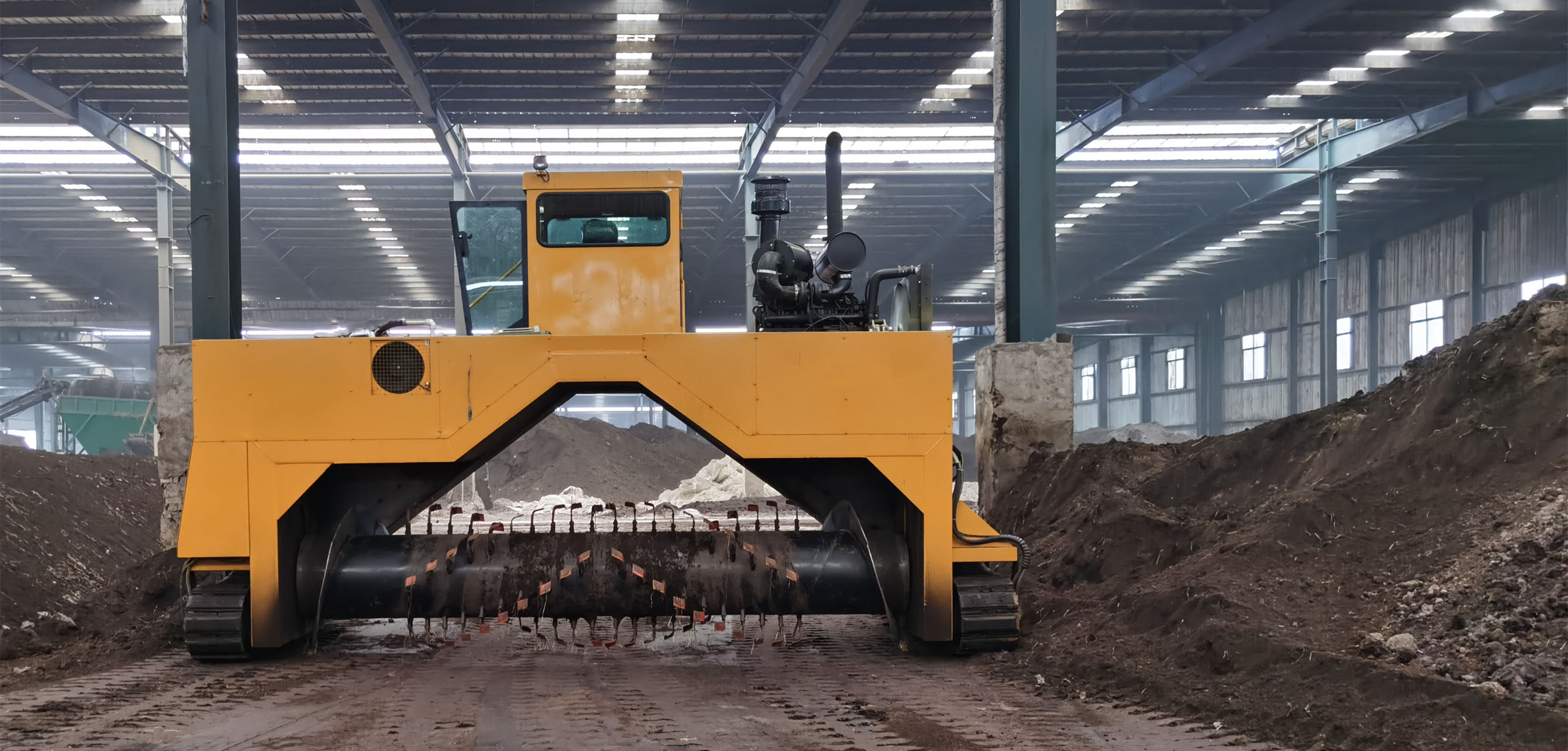
5 main composting machines
With the increasing demand for soil improvement and coping with the rising fertilizer prices, the organic compost market has broad prospects, and more and more large and medium-sized farms choose to process livestock manure into organic compost for sale. The most important link in the organic com...Read more -
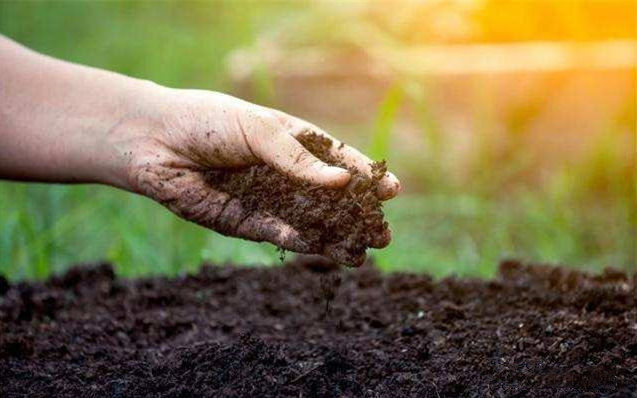
3 positive effects of cow, sheep and pig manure compost on agriculture
Pig manure, cow manure and sheep manure are the feces and wastes of farms or domestic pigs, cows and sheep, which will cause environmental pollution, air pollution, breeding of bacteria and other problems, making farm owners a headache. Today, pig manure, cow manure and sheep manure are fermented...Read more










